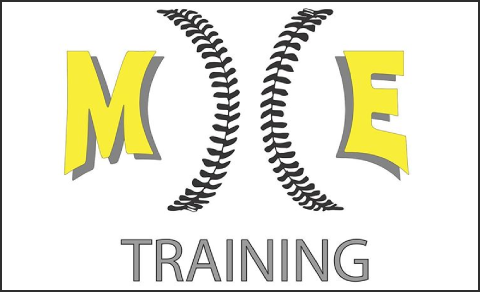by Neal Heaton
When you look at the strikeout numbers for top pitchers, how many of them are at the top of the lineup?
When you go to a big-time Division-I they are all legit hitters that batted in the middle of the order in high school. If you don’t develop your change up early in high school, you will get shellshocked.
Many of the top pitchers on Long Island blow kids away, but it won’t be the same when you get to the next level.
Coaches should be forcing their pitchers to throw changeups multiples times per game so they develop it.
Stony Brook-commit Tommy Ventimiglia (Longwood 2021) discusses his change up grip pic.twitter.com/WZSc6hjmeq
— Axcess Baseball LI (@axcessbaseball) January 20, 2021
For me, it didn’t click until I got to Miami when they started to turn around my fastball and I said to myself I need to make an adjustment or I won’t make it. Then I had to make another adjustment in pro ball where I had to actually locate it and not just throw it.
My main objective as a pitching coach is getting kids to develop their change up – especially the top kids. The reason is because as a batter, you really can’t sit on a good changeup. If the arm speed is the same, and the arm slot is the same as the fastball, you can’t sit on it. That’s why it’s such a deadly pitch.
Tom Glavine, Johan Santana, John Franco, all these guys had good changeups.
After I developed one, you could get any big league hitter out. That’s the pitch that gets the hitters on the defensive. And if you can throw a changeup or an off-speed pitch when you’re behind in the count, 2-0 or 3-1, you will be successful and win.
The ideal changeup should be about 8-12 MPH difference. It’s all relative. Whether you are throwing in the low 80s or mid 90s – it’s all relative.












